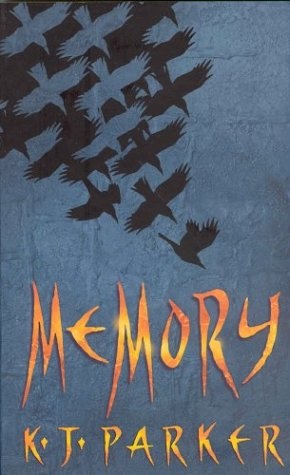










Ord is apparently the youngest child of the Chamberlain family, one of a thousand families whose members - augmented by near-immortality and quantum cyborg talents - maintain a peace within the galaxy which has lasted millions of years.
We discover early on that the Chamberlains are not a family in the normal sense. Ord is merely the latest model in a series of clones that now number more than 22,000. Rank is assigned by what number the clone is in the chain, so when the Chamberlains receive news that Alice, their number twelve (and hence only the eleventh clone to be created) is to visit after an absence of millions of years, the family begin to speculate on her motives.
Once more, Reed has produced a novel on a grand scale, its timespan covering millennia.
In some senses it can be described as a 'Romantic' novel since it eschews - and this was also a criticism aimed at 'Marrow' - the current Classical fashion for tortuous explanations of quantum mechanics and string theory. The augments of the older members of the family are powered by masses of dark matter although the exact scientific principles are avoided, in this case a refreshingly welcome change.
The premise is also a Romantic one, since one cannot imagine - in however enlightened a society - civilisation handing over its reins to a thousand carefully chosen beneficiaries and their cloned descendants.
This novel could very easily have descended into a triumph of style over content were it not for Reed's complex strands of character motives and actions.
From one viewpoint it could be argued that this is an examination of what determines personality. At one point Alice remembers herself as a child, with her 'father', Ian, the original Chamberlain. they are standing in a stairwell of their estate house and Ian has given Alice some cloned feathers. All are identical, he tells her, and asks her to drop the feathers one by one over the balcony.
Although identical in every respect, the feathers are subject to the changing forces around them and so no two fall exactly the same way. It is a device by which Ian explains to Alice why her brothers and sisters, although genetically identical, are shaped into individuals by the Universe around them.
There are questions raised as to which is the real personality when an augmented human becomes 99% computer memories and 1% flesh. Later there are ethical questions raised about the morality of creating a universe in which Life can be cultivated if the price to be paid is the destruction of entire Star Systems teeming with sentient life.
This whole debate, however, is itself subverted when the reader realises that the entire sequence of events may have been part of a plan set in motion aeons before.
There are seldom any easy endings or answers in Reed's work. There are merely consequences which directly affect the protagonists, but it is to Reed's credit that the questions raised tend to linger in the mind and niggle away at us in the wee small hours.

